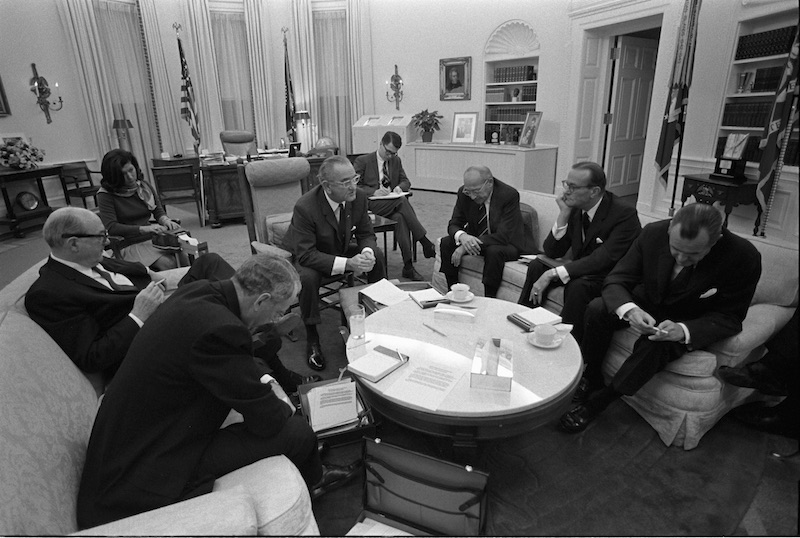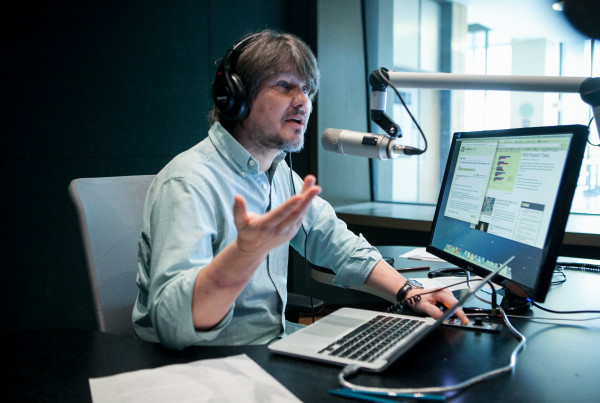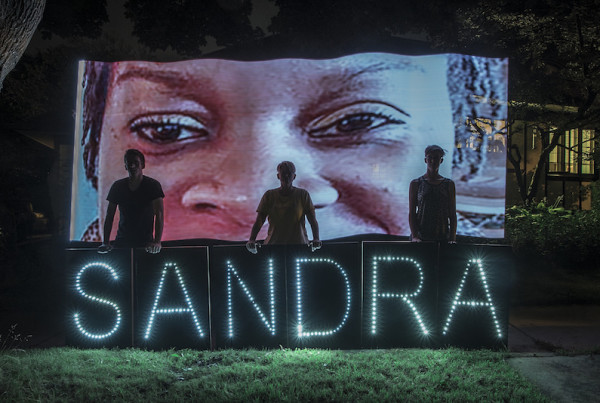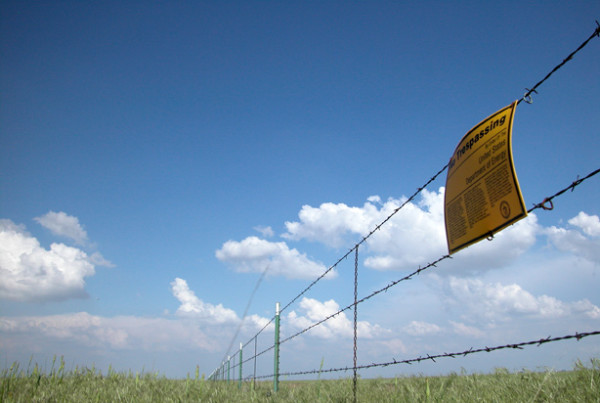The CIA made public yesterday – for the first time – classified documents of intelligence analysis on national security concerns that preoccupied the administrations of both John F. Kennedy and Lyndon Baines Johnson.
You might assume the documents are about Cuba and the Vietnam war – and there are some of those. But they also deal with Brazilian students the CIA classified as “extremists,” a briefing on the American-educated Panamanian president Arnulfo Arias who was deposed 11 days after taking office in 1968… and many more.
Mark Updegrove directs the LBJ Presidential Library – he explains the importance of this declassified trove of documents.
Much of the material released is in the form of the President’s Daily Brief, a booklet with tidbits and updates customized for each President’s preferences. Kennedy preferred a pocket-sized booklet to digest in the morning. Johnson wanted more concise briefings to peruse during his afternoon nap.
“It’s really interesting to see what a President knows at any given time, in real time,” Updegrove says. “There are more dots that these give us to connect around a President’s administration.”
Among other discoveries, these documents also show that the CIA had a more pessimistic view of the Vietnam War than Johnson’s Secretary of Defense Robert McNamara. In 1967 Richard Helms, the CIA director toward the end of LBJ’s administration, sent a comprehensive report that says U.S. troops could withdraw from Vietnam without long-term consequences.
“We know that Johnson gets that intelligence,” Updegrove says. “We don’t know what he does with it.”
Hear more in the audio player above.
















